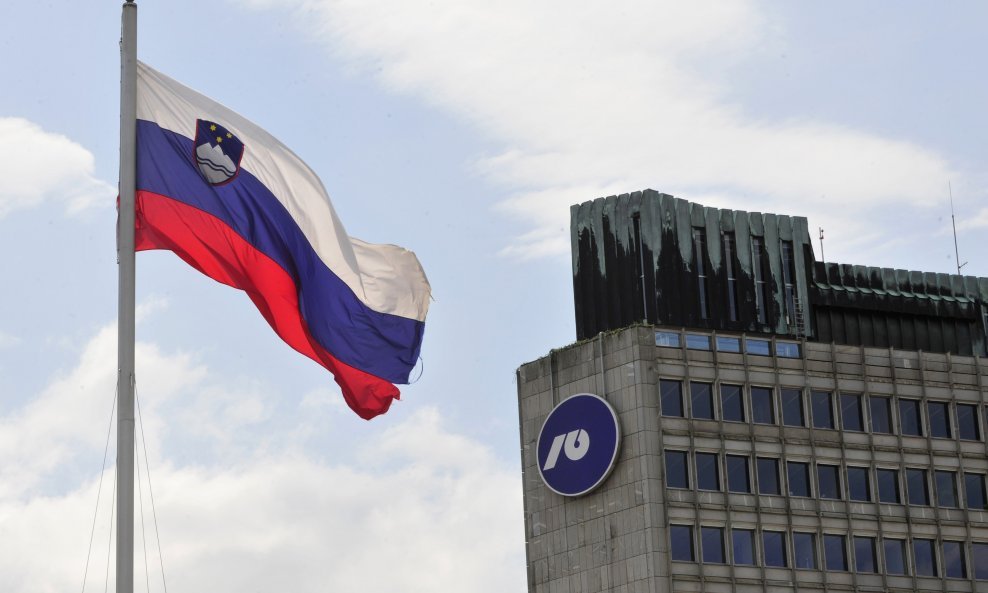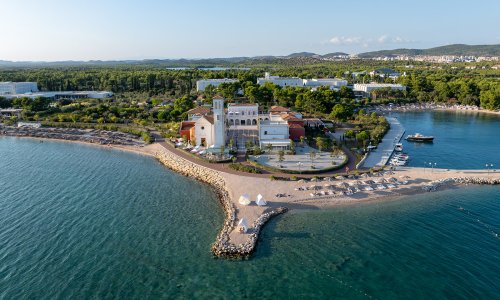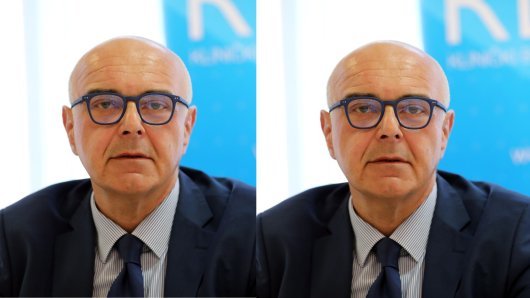The Slovenian Government's representative for matters concerning the succession to the former Socialist Federal Republic of Yugoslavia (SFRY), Rudi Gabrovec, told the national news agency STA that the ruling of the European Court for Human Rights on Slovenia's liability for failure to pay savings deposits back to two Bosnian citizens, who used to be customers of the now-defunct Ljubljanska Banka, was biased and that Slovenia would most probably lodge an appeal.
"I am studying the ruling, it is very biased and we will probably lodge an appeal", Gabrovec told the STA on Tuesday.
Gabrovec said that the main point of the appeal would be the fact that neither Slovenia nor Ljubljanska Banka had taken foreign-currency savings from the Ljubljanska Banka branch in Sarajevo and therefore they were not obliged to pay it back to those clients,
The business books of the LB branch in Sarajevo lead to the conclusion that all that money was retained there through investments into Bosnian companies. Those companies have failed to pay back loans (taken from the LB branch in Sarajevo), as the war broke out. This does not mean that the money ended up in Slovenia", Gabrovec said adding that he expects the ECHR Grand Chamber to be thorough in studying the Slovenian appeal in depth.
The non-final pilot judgement made by the Strasbourg-based court is the oversimplification of the entire problem and it is partial, the Slovenian official said.
Former Croatian Prime Minister Jadranka Kosor holds that the ECHR judgement would facilitate Croatia's position.
"Our problem with Slovenia evidently has not yet been solved, and Slovenia is flexing its muscles primarily due to its internal political reasons and endeavours to make sure that (Nova) Ljubljanska Banka will enter Croatia. I think this (judgement) is a good signal and the government should make use of it to solve the problem (of deposits) once and for ever, Kosor said in Zagreb on Tuesday.
Kosor said that the problem of savings in the now-defunct Ljubljanska Banka had nothing to do with the ratification of Croatia's European Union accession treaty, "however, Slovenia sets it as as a precondition, and this should not be ignored".


































